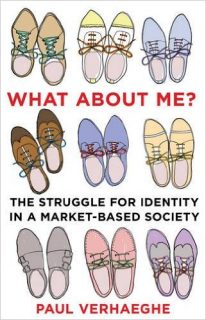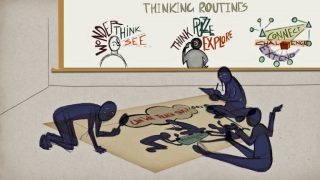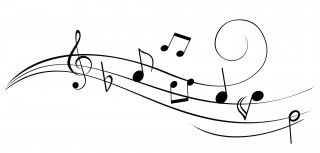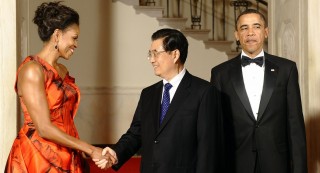“Chinese” or the autistic pattern of behavior
Chinese very often, usually, stay with other Chinese in a Chinese group, even if they are abroad or in another country. They do this even, if they do not have to do it or even if this is not helpful to be integrated into the other culture.
I once listened to a key-note at a conference of intercultural communication and I was astonished that the speaker identified this pattern of behavior as an autistic pattern of behavior. This may sound cruel at the first sight, this may sound devaluating but it is not meant as devaluation or rejection or Chinese people or culture.
A pattern of behavior means that not the person is autistic but the behavior has elements or attitudes of an autistic pattern of behavior. An autistic pattern of behavior is at least characterized by two or three typical elements.
- The one is not being familiar to relationship or social communication, relating and communicating makes him frightened.
- The second is the difficulty in making contact on a personal level and/or experiencing the other person also emotionally.
- People with this pattern of behavior sometimes seem to be chaotic, but in fact, they are very intelligent, disciplined, but mostly in some special aspects or fields only.
Of course Chinese are not autistic, of course Chinese can live relationships and communication and a social life. Of course Chinese are not only disciplined. But still it is obvious that the pattern of behavior has an impact on the experience on an intercultural level. So, even if they’re not autistic, maybe they’re experienced as autistic and people relate to them as if they were autistic.
This way of communication and interaction on an intercultural level therefore leads often to a big misunderstanding, to some kind of cultural or communicative rejection and strengthens of stereotypes/prejudices or renewing stereotypes/prejudices.
Read More









